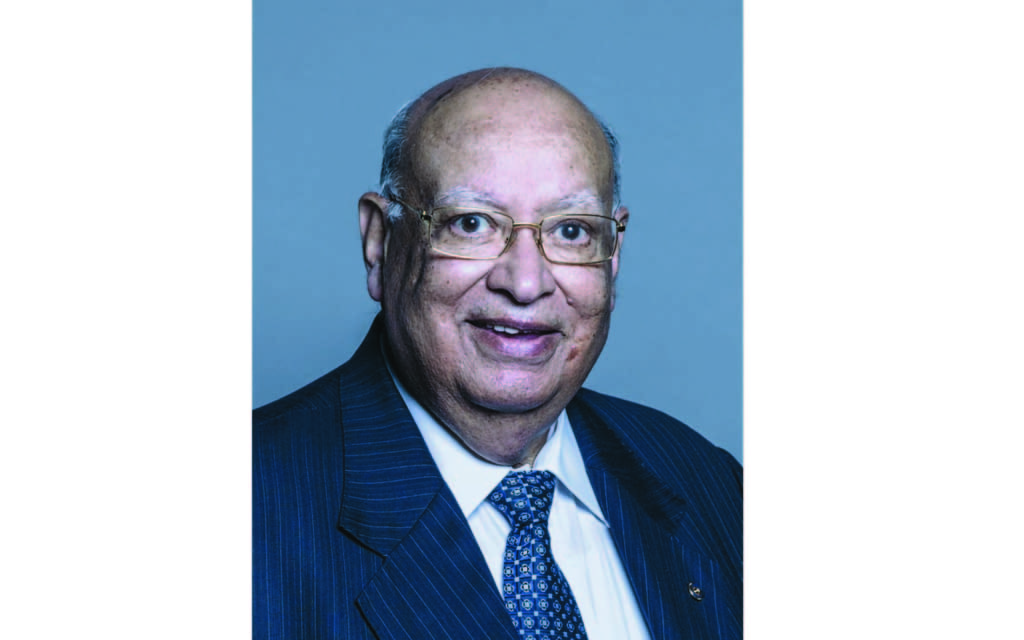Lord Loomba, speaking during a debate on India's recently enacted Citizenship (Amendment) Act, (CAA), emphasised, "India demonstrates by its actions that it does not discriminate against Muslims. Indian Muslims have occupied the highest positions in the country, not least as the esteemed head of India in President Dr APJ Abdul Kalam. The Indian constitution protects the rights of all minorities, including Muslims, giving special rights in the management of their respective religious and educational institutions."
Describing the parameters he said,"The new Act became necessary because Hindu, Sikh, Buddhist, Jain, Farsi and Christian minorities who had entered India over decades, fleeing persecution, discrimination, physical insecurity or threat of forcible conversion, were living precarious lives and deprived of the many benefits of Indian citizenship. This meant that, unfortunately, they did not acquire Indian citizenship and the CAA would address this problem.”
Highlighting the large-scale exodus of minorities from Muslim-majority countries that neighbour India Lord Loomba cited figures that demonstrate the decline in Hindus and Sikhs in Pakistan and Bangladesh. "Back in 1947," he said, "minorities in Pakistan, mostly Hindus and Sikhs, constituted about 23% of the population, and are now just over 6%". In 1971, Hindus in Bangladesh constituted 19% of the population, but only 8% in 2016".
Demonstrating why there is a difference in the ambit of the CAA, Lord Loomba said, "Many migrants to India who have entered illegally, such as Muslims from Bangladesh, have done so for economic reasons and have better life opportunities than in their own country. They can return to their country of origin without fear of persecution or retribution.”
Citing the open, transparent and fully democratic process that the legislation followed, Lord Loomba stated, “The CAA was passed after an intensive debate in both Houses of the Indian Parliament, when all the issues raised by the opposition, including the perceived anti-secular nature of the amendment, were answered by the Government."
He said that the Government of India has repeatedly clarified that the CAA grants citizenship on a one-time basis to a group of persons with no alternative options and not to take away the citizenship of anyone, much less an Indian Muslim. The CAA has a cut-off date of 31 December 2014, he explained, after which no illegal immigrant, whether Hindu, Sikh, Buddhist, Jain, Parsi, Christian or Muslim, would be eligible for citizenship under the amendment. "In this larger sense," Lord Loomba emphasised, "the CAA is by no means anti-Muslim or discriminatory and affects others too.”



